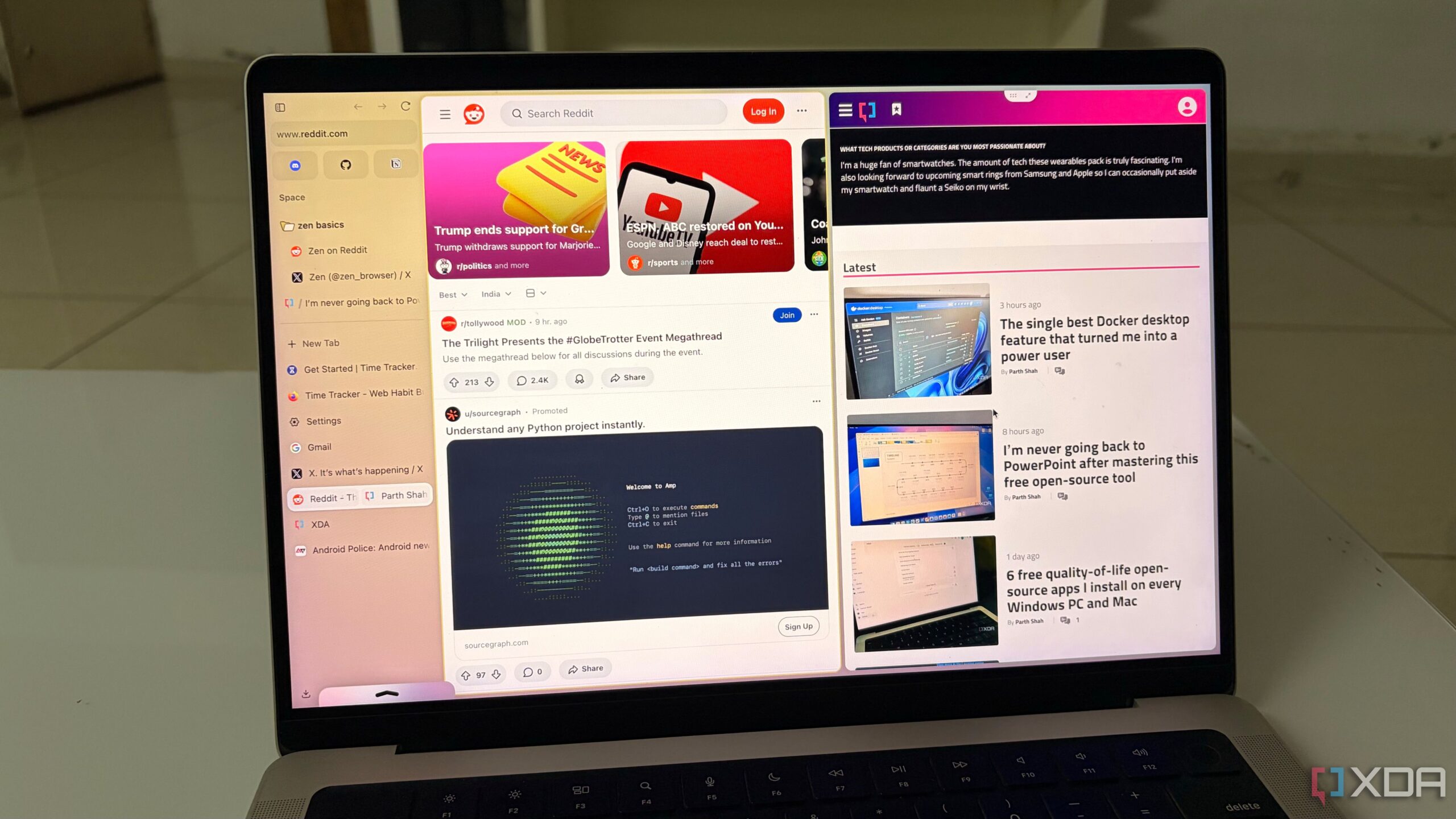UPDATE: As web users increasingly prioritize privacy and performance, many are making the switch from Google Chrome to the newly launched Zen browser. This open-source browser, built on the Firefox foundation, promises not only enhanced user privacy but also a uniquely optimized browsing experience.
Reports confirm that concerns over data harvesting and high system resource consumption have prompted this urgent shift. Users are now gravitating towards Zen, which boasts a stunning interface and innovative features like Workspaces and Split View designed to maximize efficiency. The new browser is quickly gaining traction among tech-savvy individuals looking for viable alternatives to the Chromium-based browsers that dominate the market.
Zen’s commitment to user privacy sets it apart. Unlike many popular browsers—including Chrome, Edge, and Opera—that rely on the Chromium framework controlled by Google, Zen is a fully open-source software project. This means its code is transparent and community-driven, offering users the peace of mind that their data is not being harvested. The browser uses the Gecko rendering engine, which has made significant strides in performance and memory management, surpassing Chromium in efficiency and speed.
The interface of Zen browser is a breath of fresh air. Unlike Chrome’s dated design, Zen introduces a vertical tab sidebar, optimizing vertical space where most web content resides. This feature allows users to manage their tabs effectively, enhancing productivity significantly. Zen also offers extensive customization options, allowing users to change color schemes and browser layouts effortlessly.
In terms of extension support, Zen provides seamless access to the entire Mozilla Add-ons library, featuring crucial tools like password managers and productivity apps. This integration ensures users do not lose functionality when transitioning from Chrome, maintaining a smooth workflow.
Zen’s feature set is not just about privacy; it also includes productivity tools designed for power users. The Workspaces feature allows users to organize tabs by category—such as Social, Banking, or Client—keeping their browsing experience tidy and efficient. Additionally, the built-in screenshot tool and customizable keyboard shortcuts are crafted to minimize distractions while enhancing usability.
Critics are calling Zen a potential “Chrome killer,” noting that while Chrome offers familiarity, Zen delivers a level of control and tranquility that many users crave. The urgent demand for alternatives is clear as more individuals recognize the value of open-source solutions.
As of October 2023, the excitement around Zen browser’s capabilities is palpable. Users are eagerly anticipating its rollout on mobile platforms, with hopes for a native experience that matches its desktop functionality.
With privacy concerns at the forefront and a growing community advocating for secure browsing, Zen browser is emerging as a formidable contender in the web browser arena. As the landscape evolves, users are encouraged to consider this innovative option and take control of their online experience today.






































































